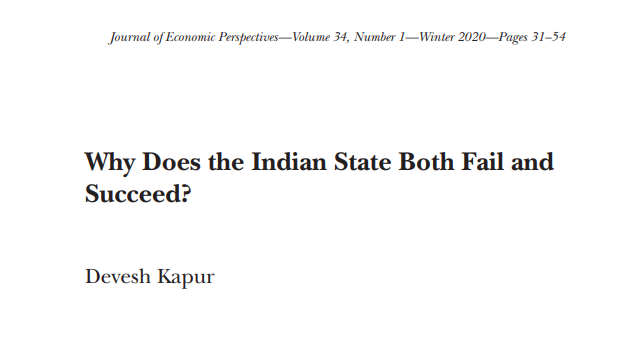This evening @fayedsouza hosted #thepolicedialogues with @_NehaSinha, Devika Nadig and D Sivanandhan to discuss the very pertinent question—“Are police officers citizen friendly?” Key takeaways below (1/n) @IPF_ORG 

Former Mumbai Police Commissioner—Mr. D Sivanandhan argued that the #IndianPolice are not unfriendly towards citizens. Through pandemics, earthquakes, floods and tragedies the police have always been the first responders to a crisis. (2/n)
Yet the colonial legacy, the Indian Police Act, 1861 and the one-sided portrayal of police in the media creates this perception of an unfriendly police force, opined Mr. Sivanandhan. (3/n)
Bringing in a research driven perspective—@NehaSinha discussed findings from SATARC-a 2017 crime victimisation survey pioneered by @IDFCinstitute. The results indicated that a small percentage of citizens registered crimes, but those who did were majorly satisfied with police. 

The results also indicated that satisfaction & dissatisfaction were related with the qualitative aspects of police response—whether police listened or wrote complaints accurately, whether they were well mannered or not, among others. (5/n)
idfcinstitute.org/projects/state…
idfcinstitute.org/projects/state…
Ms. Devika Nadig spoke about the role of education in building mental models and perceptions about police. In her experience, children view police as friendly and as trustworthy protectors. As they grow up and start asserting their rights, their perceptions are shaped. (6/n)
She discussed how a corrective attitude vis-a-vis a parental attitude, and also discriminatory behaviour by some police personnel on the basis of language, gender or socio-economic situations create an attitudinal shift among citizens. (7/n)
On the path to reform—the panel discussed separating law & order from investigation, higher budgetary allocations for police, filling vacancies, and rethinking recruitment and promotion policies. (8/n)
Attention also needs to be given to training & sensitisation, using evidence based research as a diagnostic tool for improving police services & making necessary changes to the CrPC and Evidence Act. (9/n)
Lastly the panel concurred that the responsibility is also on citizens to take an active interest in police reforms & in getting to know & approaching police personnel for improving the social contract between police and citizens. (n/n)
#ICYMI you can catch the entire conversation here:
• • •
Missing some Tweet in this thread? You can try to
force a refresh








